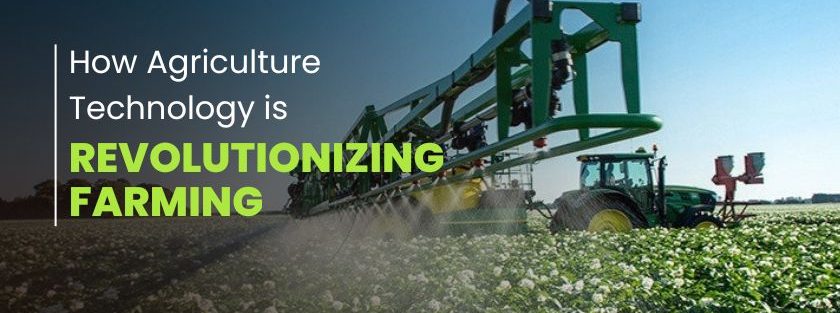The agricultural sector is at a critical stage. With the global population projected to reach nearly 10 billion by 2050, the demand for food is increasing rampantly. At the same time, there is mounting pressure to adopt sustainable farming practices to protect our planet’s limited resources. This delicate balance between increasing food production and minimizing environmental impact highlights the importance of leveraging advanced agricultural technologies.
Understanding Farming Technology
The challenge of meeting the increasing demand for food while minimizing the environmental impact is heightened by limited natural resources and the need for sustainable practices. The fine line between fulfilling rising food demands and conserving resources calls for the adoption of innovative technologies. By using advanced agricultural technology, agribusinesses can optimize resource use, boost productivity, and ensure sustainability, thereby addressing both current and future challenges. In this blog, we’ll learn about various agricultural technologies, their use cases, benefits, and how these modern advancements are revolutionizing the farming industry.

Precision Agriculture
It utilizes data and technology to optimize field-level management regarding crop farming.
- GPS-guided equipment: Enables precise planting, fertilizing, and harvesting.
- Soil sensors: Monitor moisture levels, temperature, and nutrient content.
- Variable rate technology (VRT): Allows for the application of inputs such as seeds and fertilizers at varying rates across a field.
Benefits: Precision agriculture boosts productivity by ensuring crops receive the right amount of inputs at the right time. This reduces waste and increases yields. By monitoring soil health and crop conditions, farms can make informed decisions, leading to more efficient use of water, fertilizers, and pesticides. Additionally, precision agriculture reduces environmental impact by minimizing the use of chemicals and conserving water resources, promoting sustainability in farming practices.







